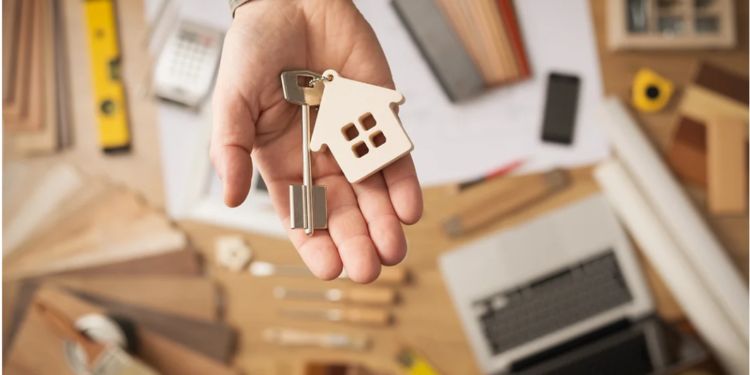Home ownership is often considered a cornerstone of the American dream, symbolizing stability, security, and financial independence. However, the dream of homeownership comes with many expenses that extend far beyond the initial purchase price. Understanding the cost of owning a home is crucial for prospective buyers to make informed decisions and maintain financial stability.
When considering the actual cost of homeownership, it’s essential to delve beyond the visible expenses associated with buying a house. Various factors contribute to the overall expenses, encompassing initial costs, ongoing expenses, maintenance, utility bills, and the often-overlooked emotional and psychological costs.
Initial Costs of Buying a Home
The initial home purchase expenses include more than just the down payment. Buyers must factor in closing costs, home inspections, appraisal fees, title insurance, and legal expenses. These upfront costs can significantly impact the overall expenditure.
Ongoing Expenses: Mortgage, Insurance, and Taxes
Monthly mortgage payments, homeowners insurance, and property taxes are ongoing expenses that homeowners must anticipate. Understanding these expenses helps in budgeting effectively and avoiding financial strain.
Maintenance and Repairs
Homes require regular maintenance and are prone to unexpected repairs. Budgeting for maintenance and setting aside funds for unforeseen repairs are crucial aspects of homeownership that should be considered.
Utilities and Home Services
Utility bills such as electricity, water, gas, and services like internet, cable, and phone contribute to the recurring expenses of homeownership. Proper budgeting for these bills is essential for financial planning.
Opportunity Costs of Homeownership
Beyond the monetary expenses, homeownership incurs opportunity costs. These include lost investment opportunities, reduced flexibility, and comparison with the potential costs of renting.
The Emotional and Psychological Costs
Owning a home isn’t just about finances; it comes with emotional and psychological costs. The stress of maintenance, a sense of responsibility, and comparisons with renting can impact mental well-being.
Financial Planning for Homeownership
Strategic financial planning, including budgeting, emergency funds, and long-term financial goals, is crucial for successfully managing the costs associated with homeownership.
Bottom Line
While the allure of homeownership is undeniable, it’s essential to consider the comprehensive costs involved. Beyond the purchase price, understanding and planning for ongoing expenses, maintenance, utilities, and emotional implications are vital for financial stability and informed decision-making.










